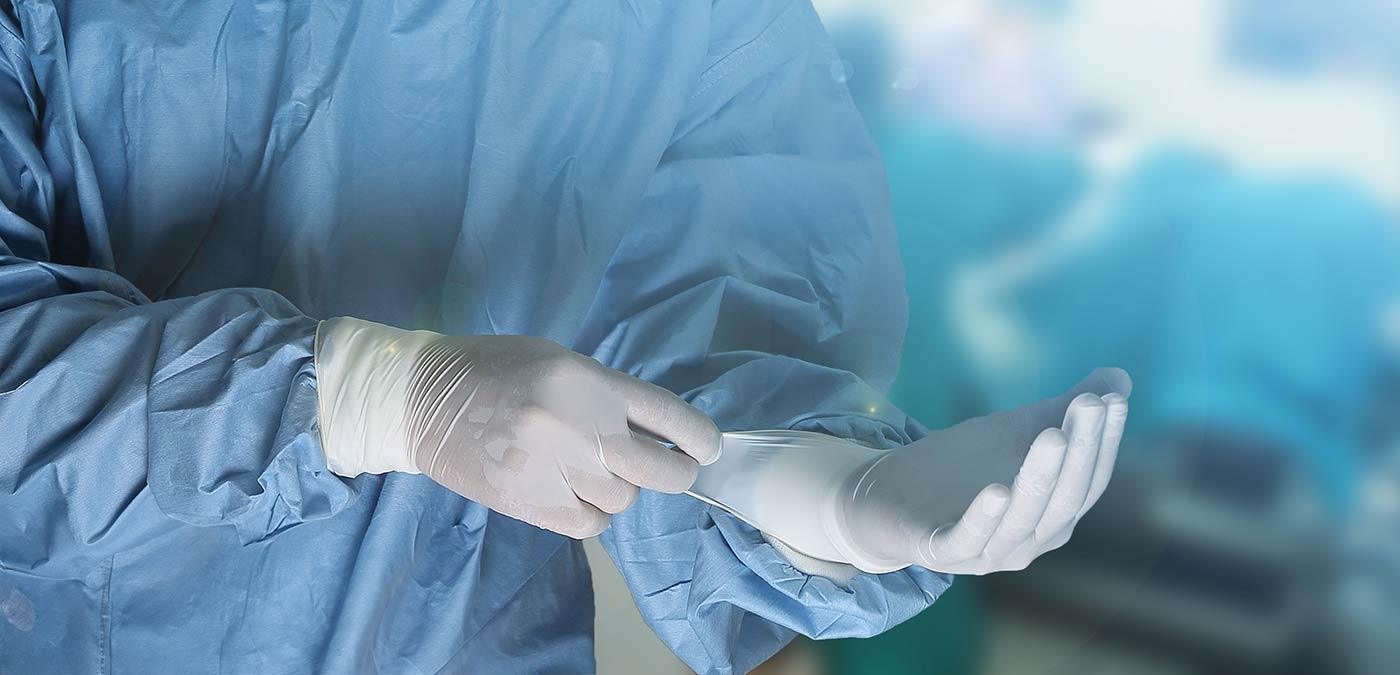Sterile Processing is the foundation for patient safety in procedural areas. Proper preparation for required equipment and instruments is imperative and contributes to infection free best outcomes. Being aware of quality and infection control guidelines is essential. So often the Sterile Processing Department is not front and center with hospital leaders. Usually, SPD is tucked away in the lower level of hospitals, and not visible to hospital leaders. We also find that hospital and OR leaders are often intimidated by the equipment and the scope of processing parameters. Without a good SPD leader and up to date standards in place, it makes it much harder for the SPD to function properly.
The key to a successful SPD program is having a qualified leader who is knowledgeable, supports, and maintains service standards. Overseeing the production and service of the SPD to the OR is crucial for positive relations and quality instrument processing. Measuring and quantifying practice standards is necessary for quality and improvement. It is important to have those procedures and data in place to help streamline processes. Does your site have and monitor an SPD dashboard, and does it report up to the OR Director?
Communication between the OR and SPD is essential as they prepare for cases and urgent/emergent cases. SPD staff should be involved in the OR’s daily review of cases 24 to 72 hours out. SPD needs to review the OR schedule and be notified of any specialty tray needs and vendor communications. Review of quick turns on specialty trays is essential to reduce Immediate Use Sterilization. Regular evaluation of trays and their content is imperative for procedure efficiency.
Quality monitoring is not consistent in all sterile processing departments. Working with infection control professionals to establish key indicators will help staff focus on needed practices. Monitoring processes will outline major opportunities for corrections and process modifications. Sharing information about surgical infections facilitates communication to the SPD staff for awareness with specialty trays and tendencies. A quality audit on those key specialty trays supports the site’s overall goals.
Sterile processing equipment and supplies such as detergents and tools are always improving. New equipment and supplies are part of our evolving world. SPD staff needs continuous education sessions to keep them apprised of changes. Staffing competency should be reviewed annually and with each new instrument or tray. Education and training on new equipment will help ensure effective sterilization and reduce errors.
A fully certified SPD staff should be the goal for your facility. Currently, there is a push for all states to adopt the International Association of Healthcare Central Service Material Management (IAHCSMM) -recommendation for workers to have their certification as Certified Registered Central Service Technician (CRCST). It can be obtained through on-the job training and successful completion of their test, as well from a certified school program Your facility should explore the potential to develop an in-house education program to help staff acquire certification. It is the first step in the journey to excellence.
Another aspect to ensuring proper decontamination and sterile processing is Point of Use Instrument Care. Once instruments have been wiped clean with sterile water and 4X4’s, they should be sprayed with a pre-treatment gel or spray. Keeping instruments moist makes debris and stuck on tissue remnants easier to remove at manual cleaning. OR and SPD managers need to educate their staff on the necessity to prevent biofilm from forming on instruments. Point-of-use wiping of instruments to remove gross debris is imperative. Immediate return of case carts to SPD decontamination should be monitored. Infection control professionals need to ensure that the national evidence-based standards for point-of-use cleaning are adhered to and understood by all OR staff. Education on the formation of biofilm on instruments is essential for the OR and SPD staff as well
The partnership between infection control professionals, OR management and SPD leaders will strengthen the understanding of required standards by The Joint Commission, other accreditation agencies and professional organizations such as IAHCSMM. Supporting the needs to educate SPD and OR staff will generate a best practice atmosphere and prevent potential infections from poorly processed instrument trays. It could also be helpful to have an assessment of the SPD processes at your facility.
Let’s connect on how our SPD can help ensure your SPD staff and processes are in alignment with national standards.



